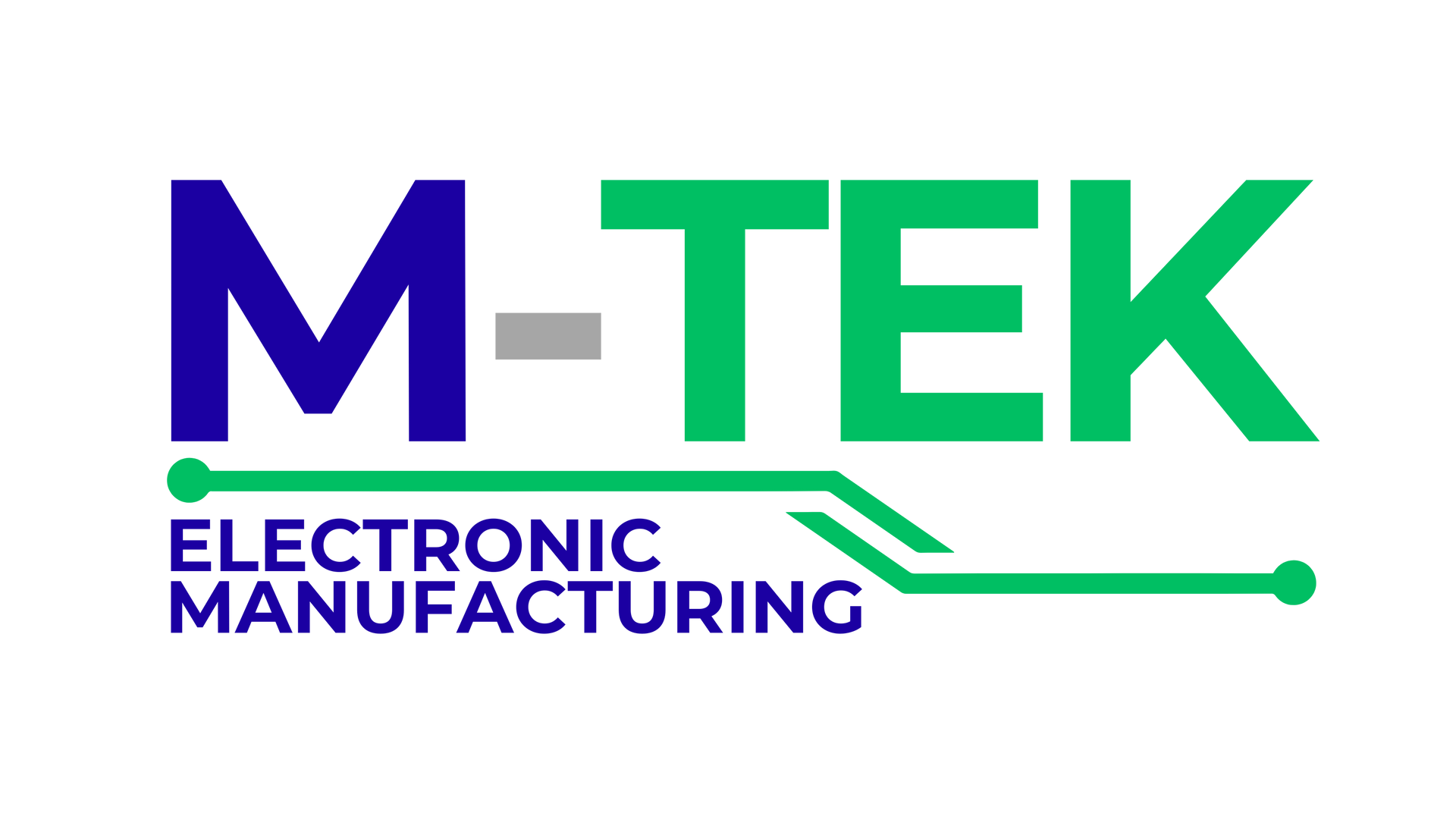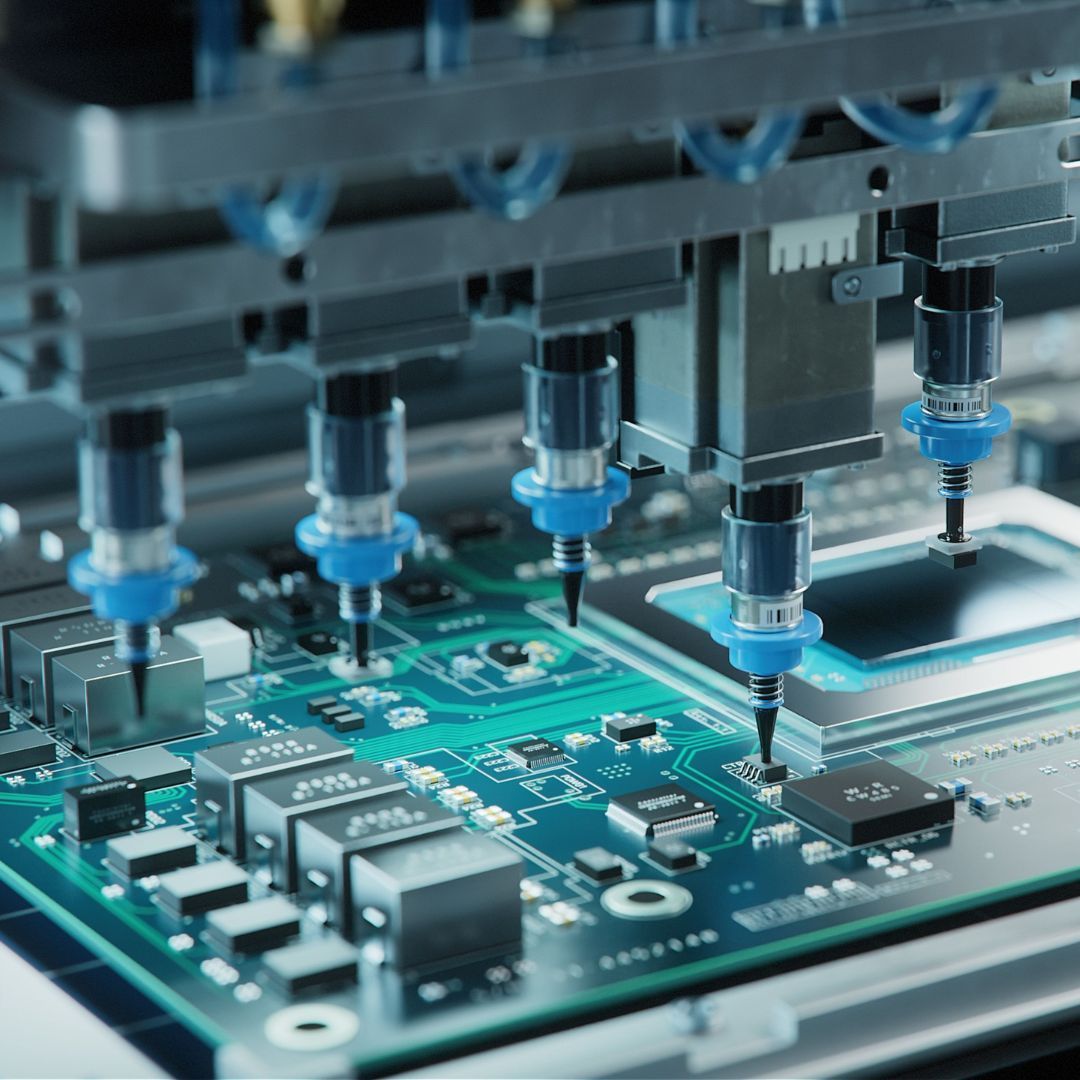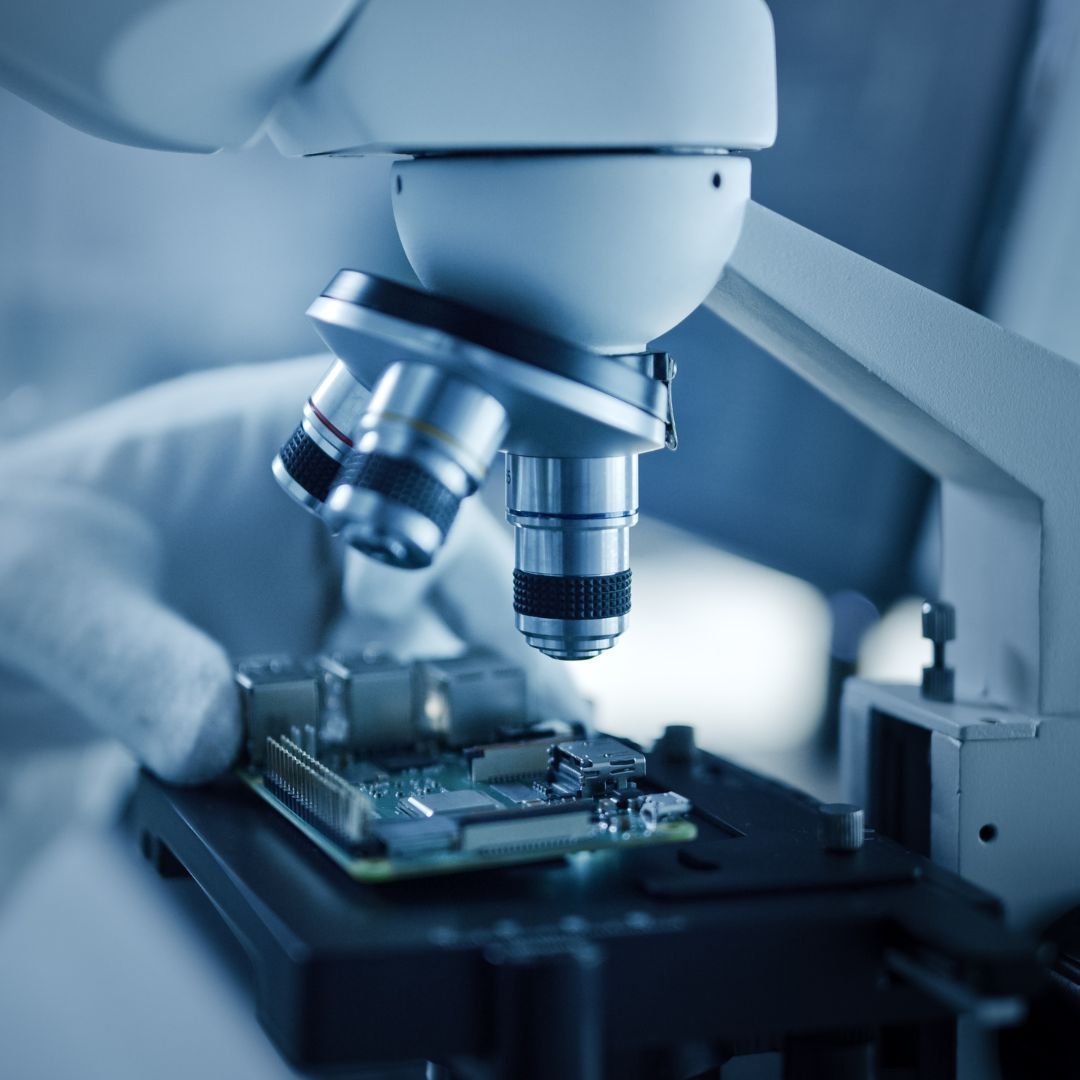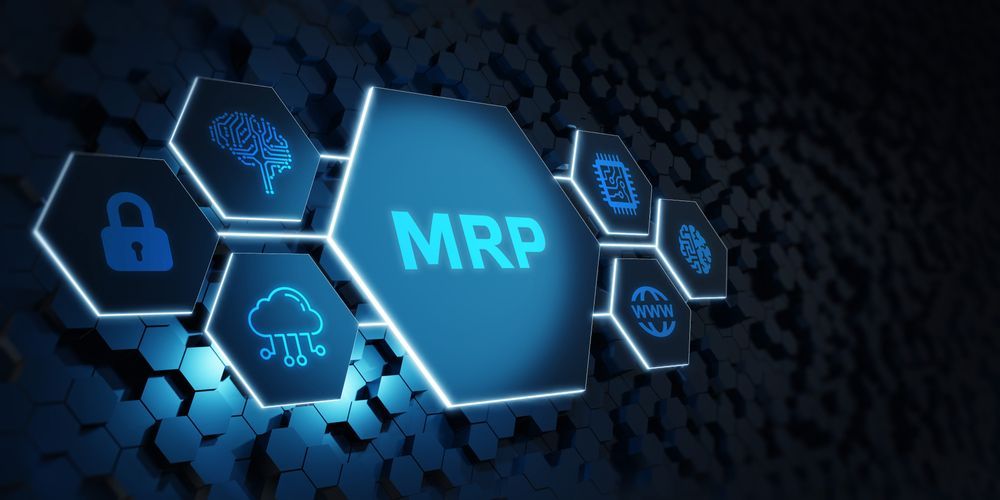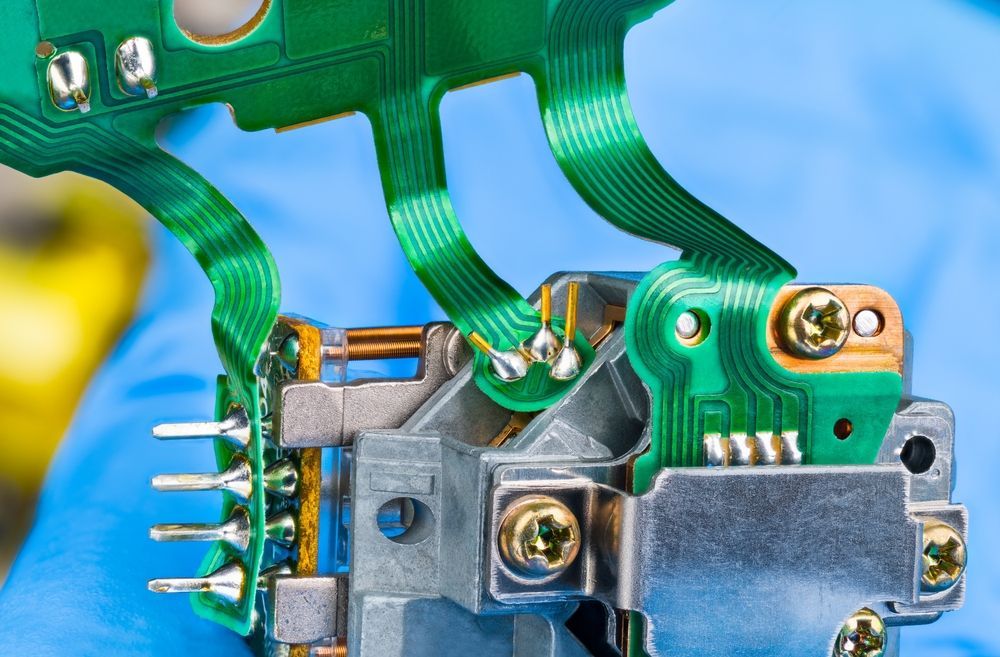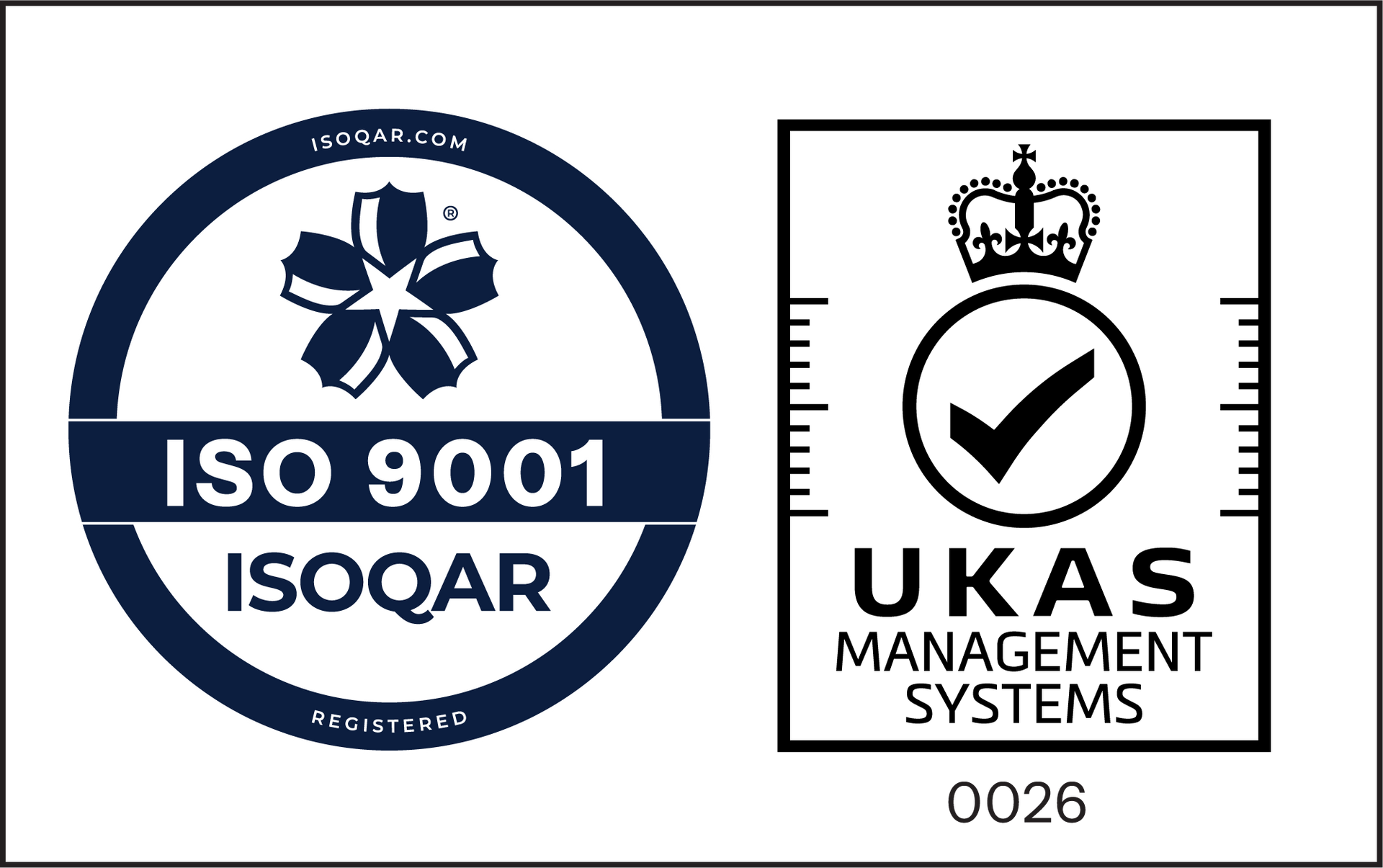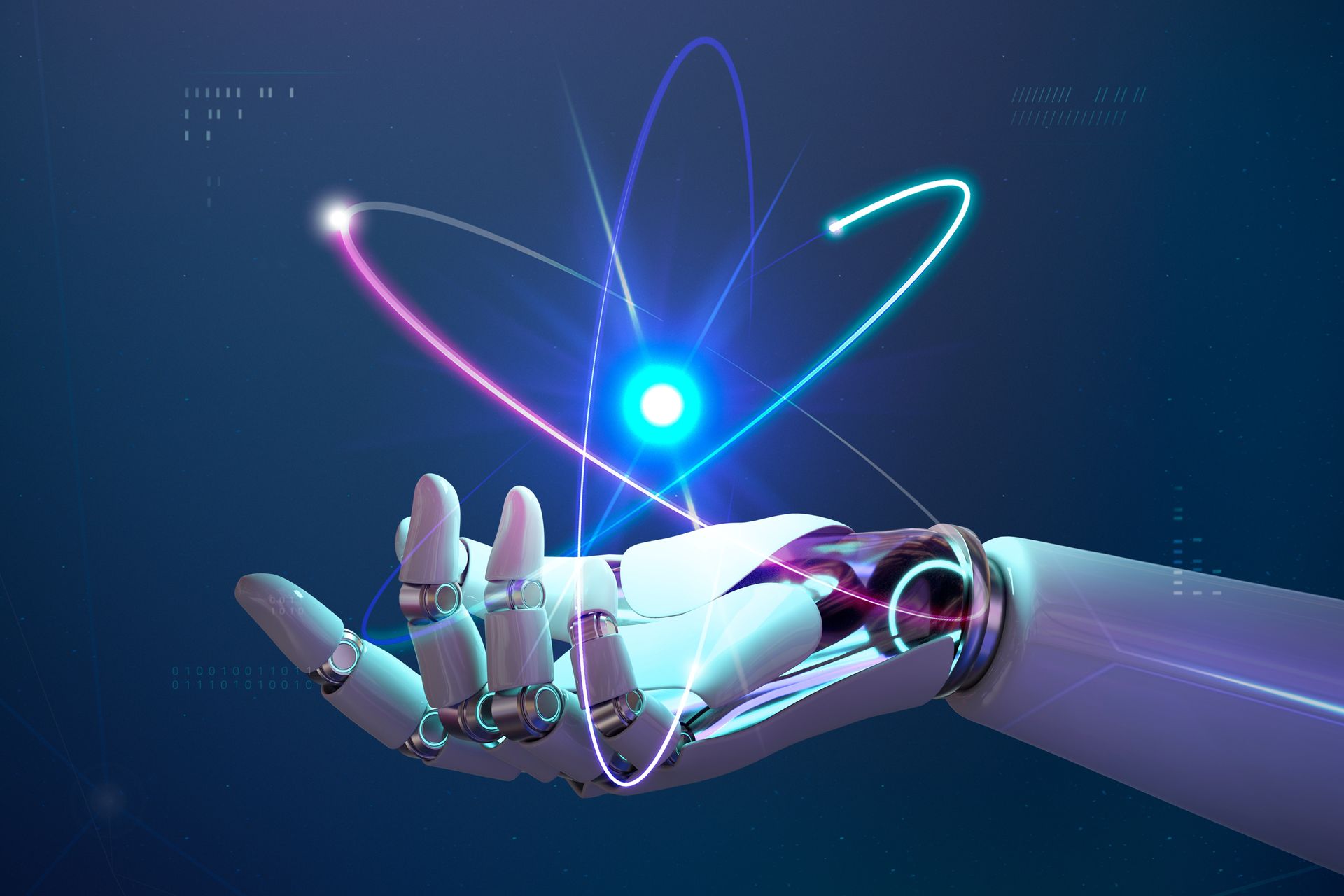
The world of technology is constantly evolving, and as we look to the future, the next big leap forward in printed circuit boards (PCBs) for everyday PCs. This leap is likely to be heavily influenced by the ever-expanding capabilities of artificial intelligence (AI).
But what will the potential impact of AI on PCB technology be and how it will revolutionise
electronic manufacturing companies like us?
As AI continues to advance, it promises to enhance the efficiency, performance, and functionality of PCBs, paving the way for exciting new possibilities.
AI and its Influence on PCB Technology
Artificial intelligence has already made significant strides in various industries, and its integration into
PCB technology holds tremendous potential.
One of the key areas where AI can make a significant impact is in the
design and optimisation of PCB layouts. Traditionally, PCB design has relied on manual processes, which can be time-consuming and prone to human error.
However, with AI-powered algorithms and machine learning techniques, designers can streamline the layout process, reducing design cycles and improving overall efficiency.
Additionally, AI can analyse vast amounts of data, including component specifications, thermal profiles, and signal integrity requirements, to optimise the placement and routing of traces on a PCB.
By leveraging AI algorithms, electronic manufacturing companies can achieve higher densities, improved signal integrity, and reduced power consumption. This optimisation can lead to smaller form factors, better performance, and increased functionality in everyday PCs.
Moreover, AI can play a vital role in quality control
during PCB assembly. Machine learning algorithms can analyse images from automated optical inspection systems, identify defects, and classify them with high accuracy. This enables manufacturers to detect and rectify potential issues early in the production process, reducing costs and improving product reliability.
The Impact of AI Electronic Manufacturing Companies
As AI-driven PCB technology advances, electronic manufacturing companies will experience significant changes in their operations and capabilities.
Firstly, AI can
enhance production efficiency by automating repetitive tasks and improving process control. Smart manufacturing systems powered by AI can optimise workflows, reduce downtime, and minimise material waste, ultimately leading to cost savings and increased productivity.
Furthermore, AI can enable electronic manufacturing companies to
offer more customised and tailored solutions to their customers. With AI's ability to analyse vast amounts of data and generate insights, manufacturers can better understand customer requirements and preferences. This knowledge can inform product design decisions, resulting in highly optimised PCBs that cater to specific applications or industries.
Additionally, AI can
facilitate predictive maintenance in electronic manufacturing facilities. By analysing real-time data from production equipment, AI algorithms can detect anomalies, predict failures, and schedule proactive maintenance. This approach reduces unplanned downtime, enhances equipment reliability, and optimises the overall manufacturing process.
Final Thoughts
In conclusion, the integration of AI in PCB technology holds immense promise for the future of everyday PCs and the electronic manufacturing industry.
By leveraging AI's capabilities, PCB design and optimisation can be revolutionised, leading to smaller form factors, improved performance, and increased functionality.
The use of AI in quality control can enhance product reliability and reduce manufacturing costs. Furthermore, electronic manufacturing companies stand to benefit from AI-driven advancements by improving production efficiency, offering customised solutions, and implementing predictive maintenance strategies.
Among these potential advancements, the most likely leap forward in PCB technology for electronic manufacturing companies is the integration of AI-driven design optimization. By harnessing the power of AI algorithms, designers can achieve unprecedented levels of efficiency and performance in PCB layouts.
As AI continues to evolve and its capabilities expand, it will undoubtedly reshape the landscape of electronic manufacturing companies, transforming the way PCBs are designed, produced, and integrated into everyday PCs.
M-Tek Assembly
At M-Tek Assembly we have decades of experience in the field.
We have achieved a net-zero carbon footprint by using EVs, and for every PCB we build, we plant a tree!
Contact one of our SMT and PCB assembly experts today for assistance. Call
01189 455377 or follow us on
Twitter to learn more about our services, including vacuum casting.
